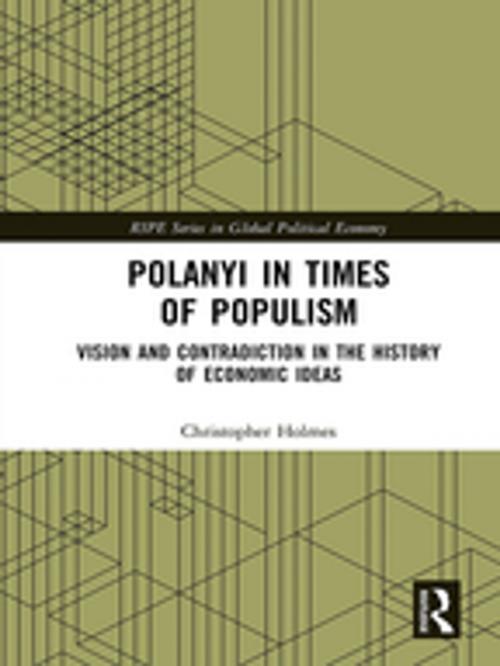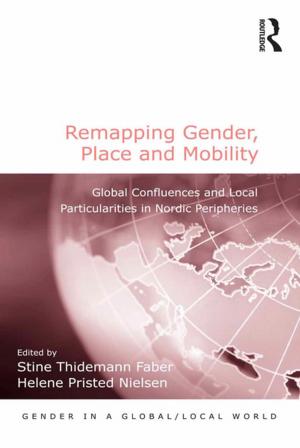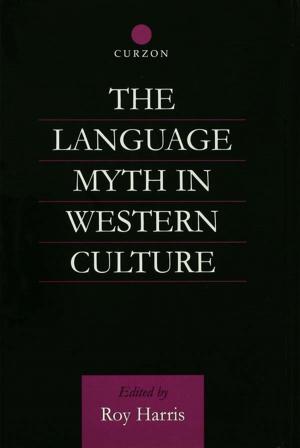Polanyi in times of populism
Vision and contradiction in the history of economic ideas
Nonfiction, Social & Cultural Studies, Political Science| Author: | Christopher Holmes | ISBN: | 9781315396965 |
| Publisher: | Taylor and Francis | Publication: | April 17, 2018 |
| Imprint: | Routledge | Language: | English |
| Author: | Christopher Holmes |
| ISBN: | 9781315396965 |
| Publisher: | Taylor and Francis |
| Publication: | April 17, 2018 |
| Imprint: | Routledge |
| Language: | English |
The rise of populism across Europe and the US – first in the wake of the 2008 global financial crisis and then in the shape of Donald Trump’s presidential campaign and the Brexit vote in 2016 – are indicative of a seismic shift in the terrain of economic ideas in public discourse. Settled liberal norms concerning ever-increasing international market expansion, and the political integration required to sustain it, have been decisively upset by political forces that, whilst once on the fringes, now dominate economic debate. How might we make sense of this ideological breakdown and what might we hope for next?
This book turns to the work of Karl Polanyi for answers, developing the expansive, historicised approach to political economy that Polanyi pioneered. Holmes provides a wide-ranging history of economic ideas read in terms of a series of hopeful theoretical visions of order, in which political, social and ecological contradictions could be transcended in one way or another. Through this, the book demonstrates that the failing utopian visions of pre-2008 economic orthodoxy, which have formed the backdrop to the rise of populism today, are only the latest in a series that stretches across economic thought in Western modernity as a whole.
This book will interest students and scholars of IPE, political science, sociology, anthropology, law and history.
The rise of populism across Europe and the US – first in the wake of the 2008 global financial crisis and then in the shape of Donald Trump’s presidential campaign and the Brexit vote in 2016 – are indicative of a seismic shift in the terrain of economic ideas in public discourse. Settled liberal norms concerning ever-increasing international market expansion, and the political integration required to sustain it, have been decisively upset by political forces that, whilst once on the fringes, now dominate economic debate. How might we make sense of this ideological breakdown and what might we hope for next?
This book turns to the work of Karl Polanyi for answers, developing the expansive, historicised approach to political economy that Polanyi pioneered. Holmes provides a wide-ranging history of economic ideas read in terms of a series of hopeful theoretical visions of order, in which political, social and ecological contradictions could be transcended in one way or another. Through this, the book demonstrates that the failing utopian visions of pre-2008 economic orthodoxy, which have formed the backdrop to the rise of populism today, are only the latest in a series that stretches across economic thought in Western modernity as a whole.
This book will interest students and scholars of IPE, political science, sociology, anthropology, law and history.















